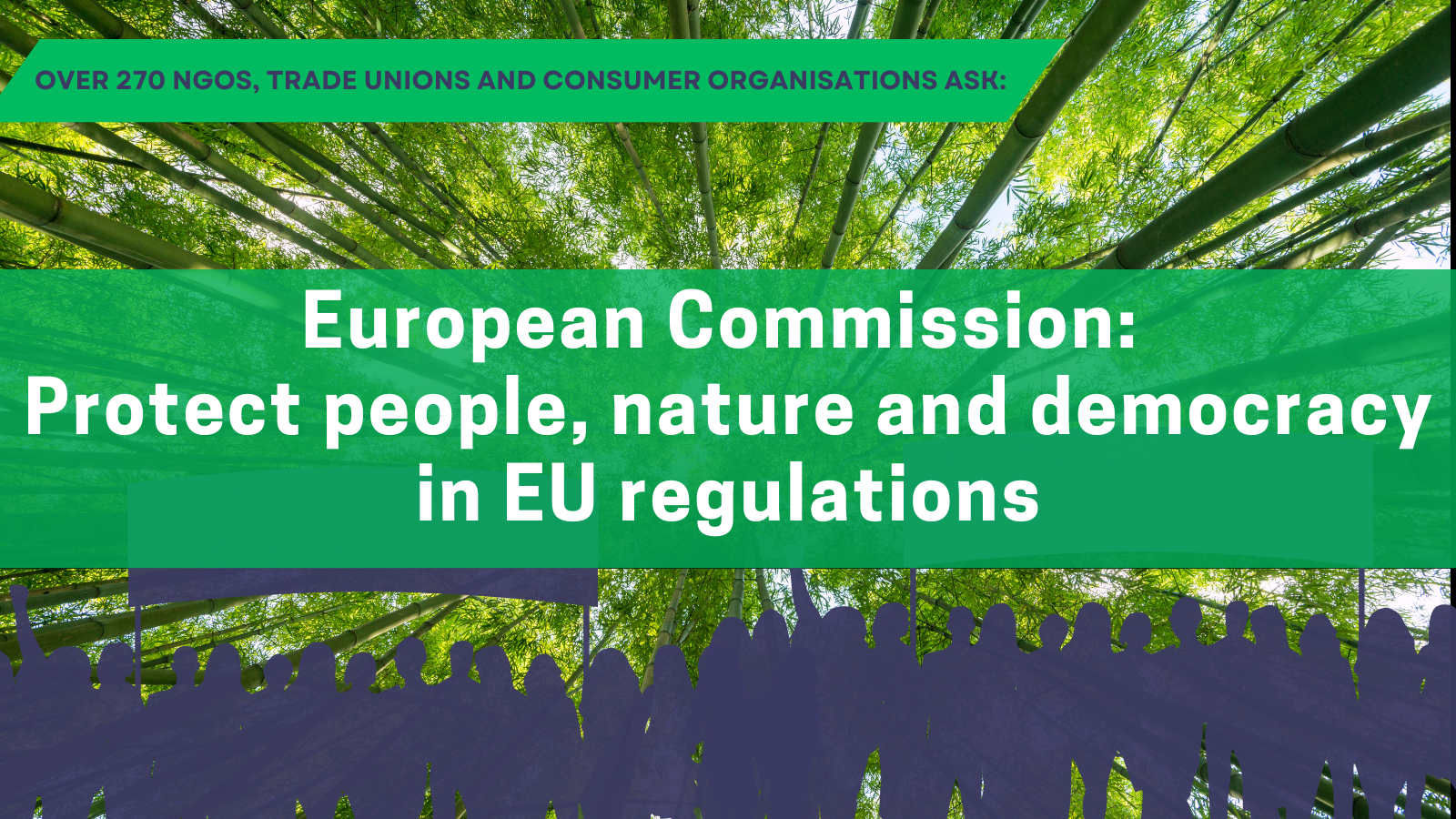Press note: The Forever Lobbying Project investigation finds that the clean-up of per- and polyfluoroalkyl substances (PFAS) contamination in Europe could cost 100 billion euros annually. Health-related costs for PFAS exposure are estimated to reach up to 84 billion euros annually. With these revelations, combined with the mounting scientific evidence on PFAS’ grave health impacts, it is clear that the European Commission must ensure a robust EU-wide PFAS restriction and come up with a plan to address these costs as part of the Clean Industrial Deal.
Harmful chemicals used in food contact materials can put people’s health at risk. Commenting on the European Commission’s proposal to restrict the use of bisphenol A (BPA) and other bisphenols in food contact materials, the Health and Environment Alliance (HEAL) calls for swift action and ambition to protect health and the environment against hazardous chemicals found in food packaging.
In Europe, thousands of different chemicals are used to produce and treat food contact materials. These substances, many of which have been linked to serious health impacts, have the potential to migrate into our food and drinks.
Bisphenol A (BPA) is the most well-known and commonly used bisphenol, a type of chemical widely used in the production of food packaging. Exposure to BPA, an endocrine disrupting chemical (EDC) that has been classified as being toxic for reproduction, has been linked to breast cancer, infertility, early puberty, diabetes and obesity, and neurological disorders in children.



